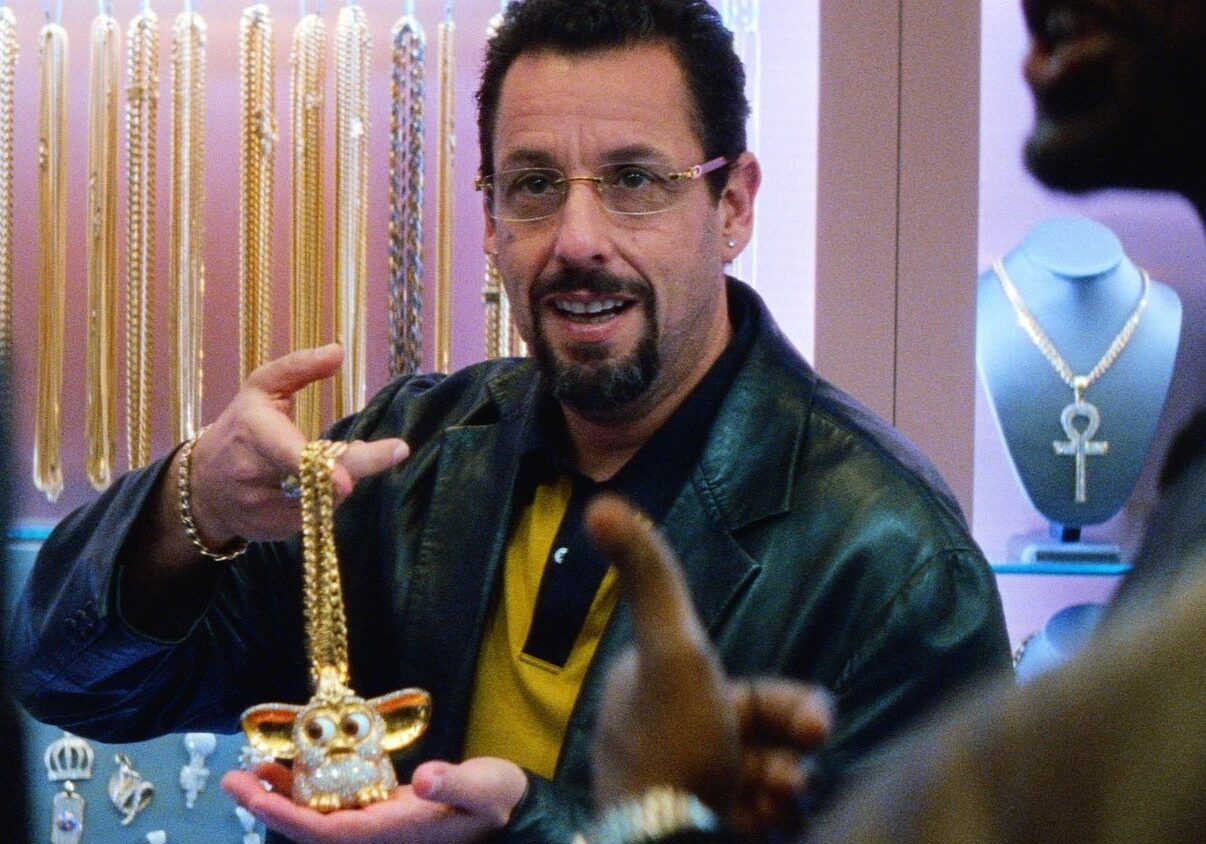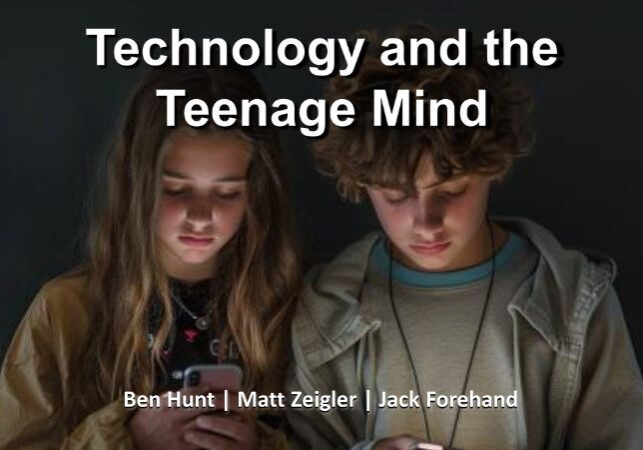
This picture has nothing to do with monetary policy.
It's a chart of the density of water at different temperatures, and it's what allows multicellular life to exist on Earth outside of tropical climates.
See, water has this amazing and completely non-intuitive property. As it gets really cold - cold enough to near its transition from liquid form into solid ice - it begins to get less dense. It's maximum density is around 4.5 degrees Celsius (about 40 degrees Fahrenheit), and anything colder than that becomes less dense, so that 34 degree F water floats on top of 40 degree F water. This is why ice forms on top of lake or pond, not from the bottom up. This is why freshwater plant and animal life survives during winter ... if ice formed at the bottom of a lake and worked its way up, nothing would live through a hard winter.
This chart is crazy. It should not exist. We all know that when gases and liquids get colder, they become more dense as the molecules slow down. We all know that there's not some magic temperature where this fundamental property of thermodynamics would reverse itself. And yet with water ... there IS this magic temperature where the laws of thermodynamics flip and go the other way. The secret of water's magic trick is the angle of the H2O molecule, which apparently forces the molecules to take up more room as they start to nestle with each other to form a regularly shaped, lattice-like solid form. But you'd have to know a lot about molecular structure before you'd think this was anything other than magic.
The relationship between water density and temperature is non-linear, meaning - obviously enough - there's not a straight line relationship between density and temperature. More importantly, though, the relationship between water density and temperature is non-monotonic, which means the relationship reverses at that magic point of 40 degrees F.
The relationship between Fed interest rate-setting and inflation is also non-linear and non-monotonic, and the magic point where that relationship reverses is somewhere (IMO) around 4.5%.
In exactly the same way that the Fed was unable to spur inflation by cutting rates to exceptionally low levels, so will they be unable to contain inflation by hiking rates off these exceptionally low levels.
The Fed first has to get interest rates to this monotonic tipping point before further interest rate hikes will have any appreciable effect in the real economy.
I mean, have we already forgotten why we had more than a decade of absurdly low interest rates around the world? Have we already forgotten that this is why we had a global ZIRP regime? It was to spur "healthy" inflation in the real economy! It was to get inflation UP to a 2% target in the real economy! And it did not work. It was a complete failure of the "tools" that central bankers were certain would work to create inflation - a decade-long failure that central banks have never reckoned with - and these are the same tools that central bankers are now certain will work to contain inflation.
Why don't these tools work to create/contain inflation below some monotonic tipping point?
Because real-world decisions by corporations and households are different when the cost of money is exceptionally low.
They financialize and they lever up. They take costless risks in the financial world rather than true risks in the real world. Real world productivity - getting more output for the same labor - is a chump's game when the cost of money is nil. The creative destruction of real world capitalism is eliminated when money is free and the world is awash in it. Worse, our social fabric of liberal democracy where everyone is equal under the law is destroyed when money is free and the world is awash in it, because the infinite free money is only available for the corporations and the households that already have it.
With a Fed Funds rate of 3.25% we are still a long way from interest rates putting a brake on inflation and inflation expectations, because we are not yet changing the real-world decisions by the corporations and the households that have the money. Cash-rich corporations are still hiring and buying back stock. Cash-rich households are still buying expensive cars and going on expensive vacations. The corporations and households that don't have the money aren't doing any of these things, but they don't move the needle on CPI. To control inflation, the Fed has to change the behavior of the corporations and households that have all the money.
But here's the kicker. When we get to the point where cash-rich corporations and households change their behavior - which is the point where inflation really starts to come in - it's going to be too late for the non-cash-rich corporations and households. Hell, it's already too late.
Getting to an interest rate level that is uncomfortable and behavior-altering for the corporations and households that have all the cash is economic death for the corporations and households that do not.










The rapid rise in rates in particular mortgage rates is creating an interesting situation. If I have locked in a 3.5% 30 year mortgage, I would not want to sell my home.
Double Roosevelt with a Volcker Sandwich
Ben minces few words in today’s excellent note:
*What’s coming down the pike if the Fed raises interest rates enough to actually have an impact on inflation may well look like a “mild” recession in the aggregate macroeconomic numbers, but it will be anything but mild to corporations and households that haven’t had access to a decade of free money. It will be an outright depression. Just in time for the 2024 election.
The last 20+ years of monetary and fiscal policies have mostly favored the wealthy and big corporations. Why not pull a Constanza? With the right messenger (somebody like Fetterman?) it could be very popular and may be the only path where we aren’t torn apart. Some combination of both Roosevelt’s policies to protect the bottom 90% from the ravages of having to go Volcker:
Left with only bad choices and these may be the least bad.
What do you think?
Yes, that 3.50% 30-year fixed mortgage feels good…if you are the homeowner/borrower. But, it feels like a capital loss for the lender who now owns a very long duration asset with a coupon way under the market rate. And, it only feels good for the homeowner if they never have to find a market clearing price for their home. This is the median mortgage payment calculated on the median priced home BEFORE mortgage rates soared past 6.25% and were merely in the high 5%'s.
This further mires those without home equity on the outside looking in. But, it will snare some of the “winners” in the hot housing markets of 2021 who needed to bid 15% over ask to join the club. Because these mortgage rates will cause housing prices to fall.
For about 18 months now my wife and I have been planning and saving to buy land and build. That’s still an eventual goal, but…my rate is 3.47% and my mortgage is really low. Like, it’s <10% of our household income. It’s hard to justify trading a low rate and an easy payment for a very high rate and a ridiculous payment all in the service of having what we want.
So if I understand this correctly, Ben is saying this is the beginning of the end of the past 40 years of the financialization of our economy. Do the major benefactors of the largesse for the past 40 years understand the game is ending – assuming Mr. Powell is as resolute as he claims he’ll be? Will the powers that be admit they’re ending financialization? Which high priests will deliver that message?
Remember back when we pro-forma’d deals using 7% interest rates? Pepperidge farm remembers…
(edit and for you really old timers, yes I heard the old songs about 16% mortgages when you bought your first houses… but that was when I was born so I wasn’t doing any deals back then!)
Based on the frenzy in the institutional world to lunge into Private Equity and leveraged Private Credit while there was no return on offer in Bonds, NO! The CIO’s and family offices were trading meme stocks too, they just had them packaged in a more socially acceptable form. Will their consultants and enablers show any remorse? Also no.
The ending is ominous - the setup for ‘ A new road to Serfdom’ ?
Am guessing that EDZ3 breaking 95.5 prompted the repost of this excellent article. Fish under a frozen lake was also a head scratcher for me!
To make phase changes to the affluent-consumer economy, what’s necessary is:
The other phase changes to non-affluent consumers work via mortgage rates, car loan rates and credit card rates, and those have already shot up enough to make themselves felt.